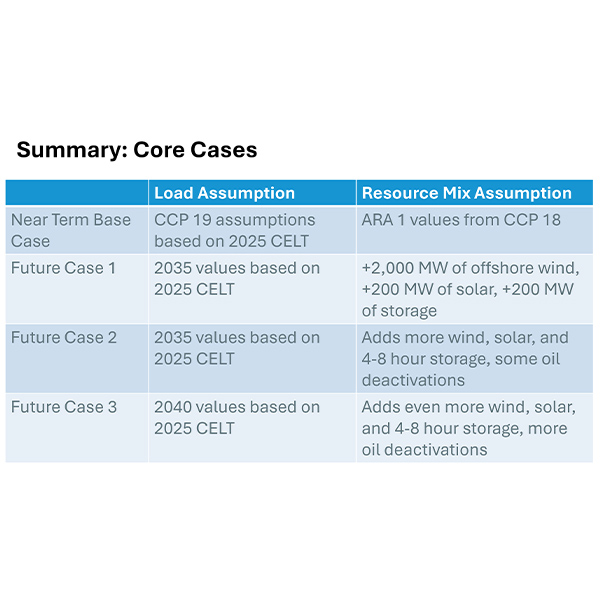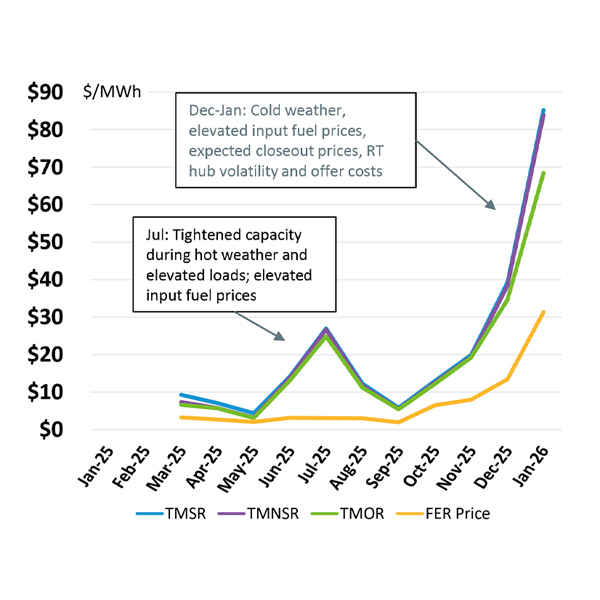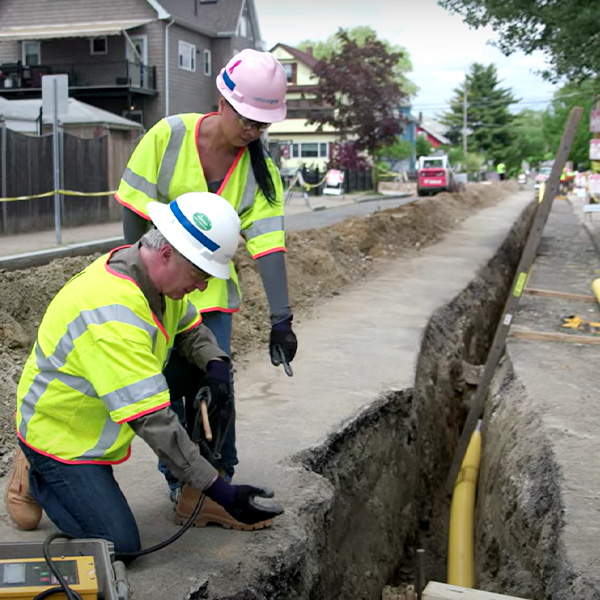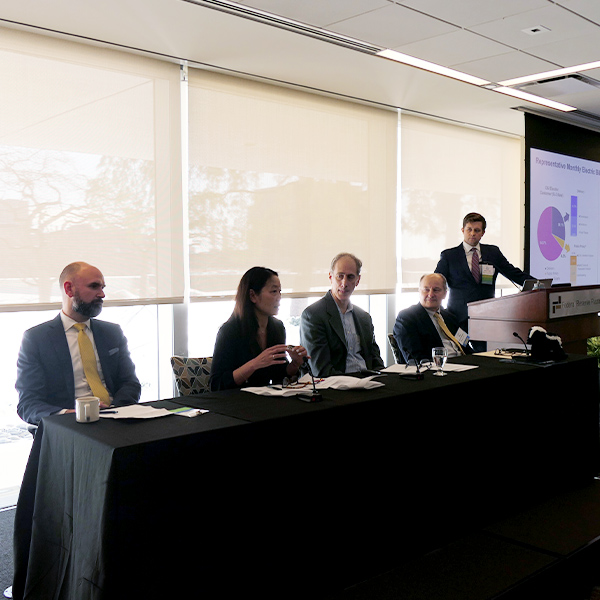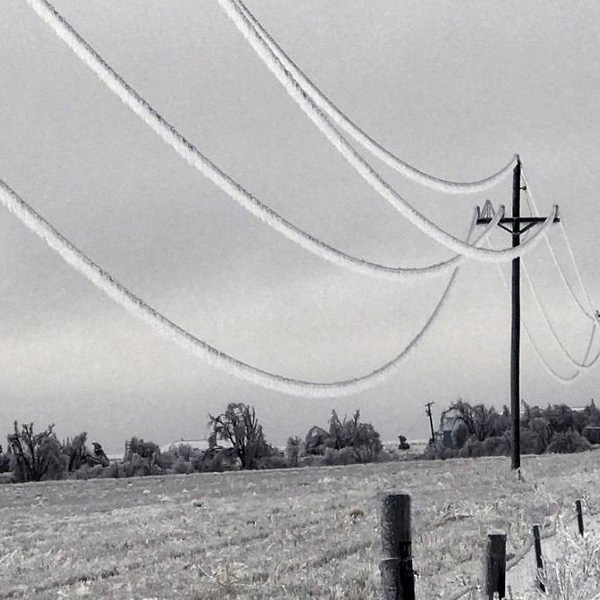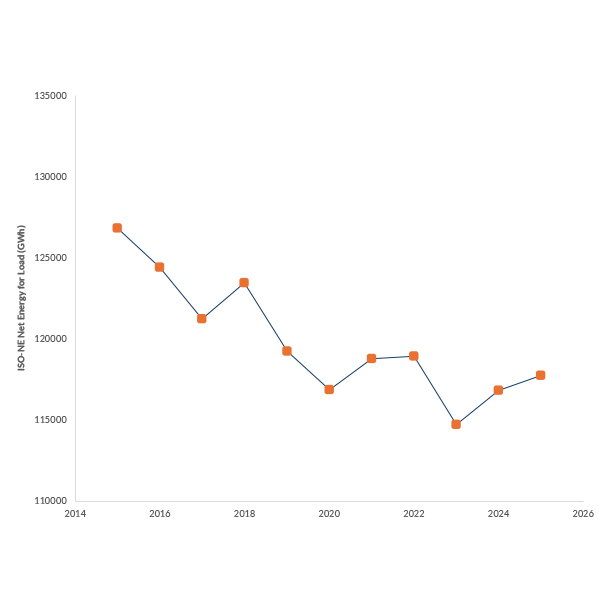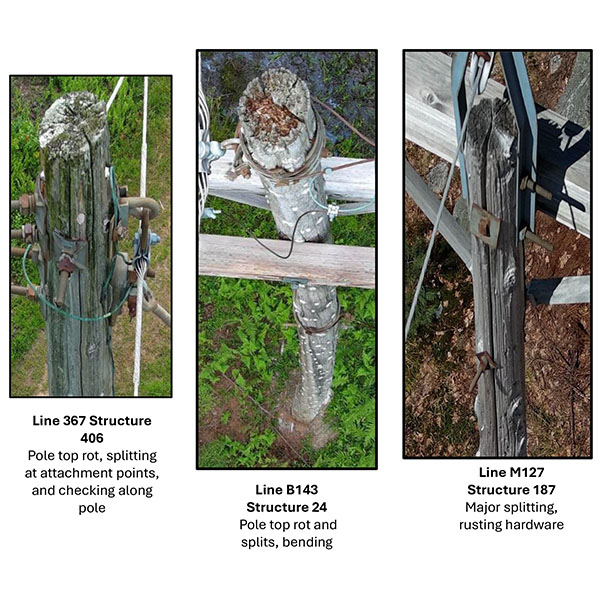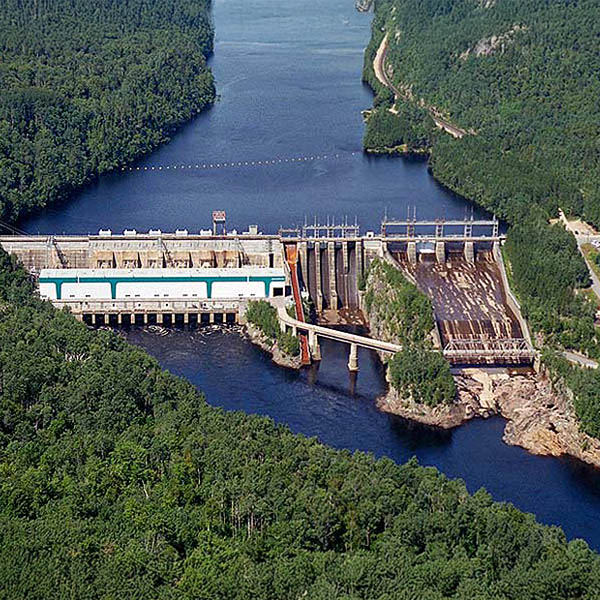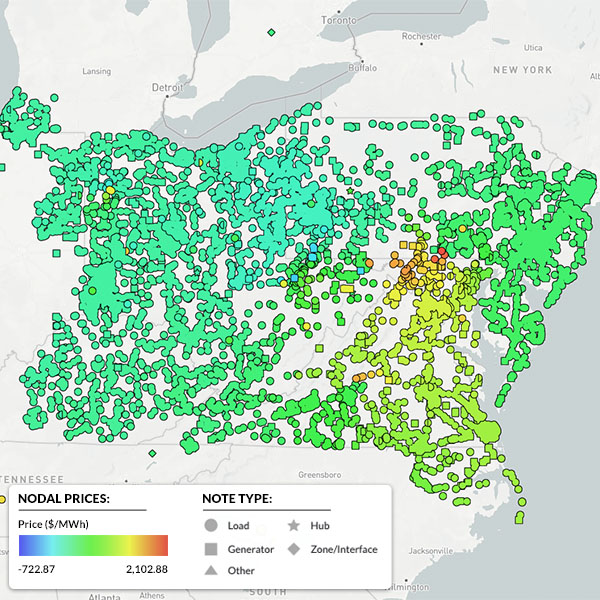ISO New England (ISO-NE)
ISO-NE updated stakeholders on its methods for assessing the impacts of its proposed capacity market overhaul as it prepares to release the initial results of the long-awaited analysis.
With costs associated with ISO-NE’s new day-ahead ancillary services market far exceeding expectations, the RTO is working to fast-track changes to improve the efficiency of the market in time for next winter.
In Massachusetts, a state with some of the most ambitious decarbonization policies in the country, fundamental disagreements between utilities and consumer advocates threaten to derail the transition from natural gas before it even gets off the ground.
New England experienced record high energy costs in the month of January amid cold weather, high gas prices and a heavy reliance on oil-fired generation.
Conflicting political and market forces have created major uncertainty about what the next wave of generation project will look like in New England.
The North American grid made it through the winter storm of Jan. 24-26 — dubbed “Fern” by The Weather Channel — relatively unscathed, but the cold weather gripping much of the U.S. and Canada continues, and cold snaps in the future will still stress the interconnected power and natural gas systems.
After years of declining or stagnant power demand in New England, annual energy demand ticked up for the second straight year in 2025, potentially indicating the start of a broader upward trend.
Eversource Energy and National Grid introduced asset condition projects totaling about $110 million at the ISO-NE Planning Advisory Committee.
As extreme winter weather descended on the Eastern U.S. and Canada, Hydro-Québec suspended power exports to New England on the New England Clean Energy Connect transmission line because of reliability concerns in Québec.
The winter storm that moved through Texas and much of the Eastern Interconnection cut power to hundreds of thousands of people and stressed the bulk power system, but did not create major disruptions like other storms earlier this decade.
Want more? Advanced Search
